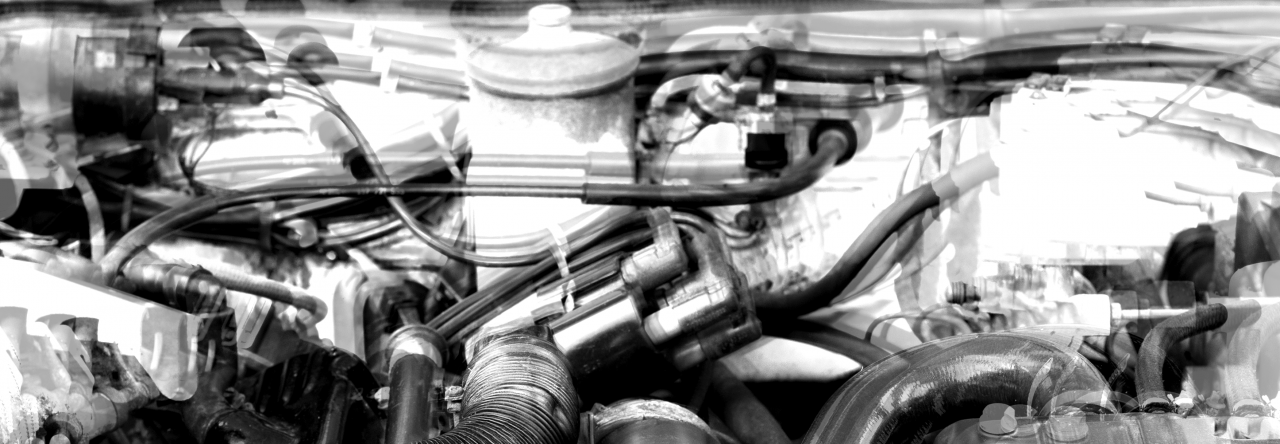Ralph Brosodi’s This Ugly Civilisation was originally published in 1929. It gain popularity with various “back to the land” movements active during the great depression and the subculture of the 1960s & 70s before fading into obscurity and out of print for several decades. In late 2019, American Publishing company Underworld Amusements brought the book back into print in celebration of its 90th anniversary.
This fairly long volume comes with a lengthy introduction by Bill Sharp, historian and trustee of Borsodi’s School of Living, which not only educates the unfamiliar reader with the biography of this little known thinker but also shows how he lives unto the ideas and principles put forward in his work.
Brosodi begins this text by telling us that we live in an ugly civilisation – a civilisation filled with pollution, the unnatural noise of machinery, over crowded streets and unending traffic.
He tells us of huge cloud of soot that engulfed Pittsburgh, blackening the buildings and dirtying the homes of cities large population. He tells of similar things occurring in Chicago and New York.
Brosodi tell us that what makes civilisation ugly in the domination of Industry and factory living.
Brosodi sees the factory as an oppressive force that dominates our lives. During the industrial revolution people were led to believe that factory work and living would make their lives more comfortable, the people of Brosodi’s time believed that factory living and consumerism saved them from the brutality of pre-industrial living. Brosodi does not see the Factory system as providing the comfort in promises. He see it forcing us into unsatisfying, monotonous, meaningless work in factories and offices – these jobs we spend the majority of our time working.
The little free time we have we spend consuming – spending our hard-earned money on shallow entertainment, poor quality food, clothing and products – which, much like our work, we take no real satisfaction from.
Brosodi believed that man taken more satisfaction in his pre-industrial way of life and praises Homestead living. He proposed that man should leave his cities and return to the land believing that they would find this to be a much more meaningful and natural life.
Much of the book, if not most of it, details the methods of production that would be used to live outside the industrial system as well as criticism of their factory counterparts. These section of the book feature lengthy and detailed chapters on food-producing / preserving, agriculture, clothing and so on. Many may see these sections are being some of the duller parts of the book, however their presents can be defended as they enlighten us on how we could live an independent life outside of the system.
In my opinion one of the most interesting part of the book is a section in which Brosodi his concept of the three personality types: The Herd Minded, The Quantity Minded and the Quality Minded.
These three personality types are the actors in the tragedy of civilisation. The Herd mind set is the personality type of the unquestioning common man. The Quantity Minded dominate civilisation. They make up the businessmen and industrialists and as their title suggests they favour quantity over quality. They are interested in the accumulation wealth and the expansion of his business empire. His duel opposite is the quality minded, whom Brosodi frequently associates with Artists and Philosophers. The Quality minded man is interested in quality of life. He also appears to speculate that had the rise of industrialism been in the hands on the Quality minded and not is opposite, technology would be utilised for the sake of independent living and civilisation would be less ugly.
I think it is worth noting that unlike many of the other critics of industrial civilisation is not against technology, only the way it has been used. He also published this Ugly Civilisation before several better known thinkers published their own views on Technology.
Ralph Brosodi’s This Ugly Civilisation is worth the read and I would recommend it to any critic of Technology and modern living as well as any self-described environmentalist.
I’ve occasionally dipped into the Philosophy of Technology over the past two years and I feel it’s rather refreshing to read something on the topic which is in some way optimistic and rather surprised to read something that gave the reader a possible solution rather the description of sorry state of society. I’d also feel that this book is in many ways superior to some of the environmentalist literature I’ve tried reading recently. It is certainly a book I would read again in the future, perhaps next time with a notebook by my side.

